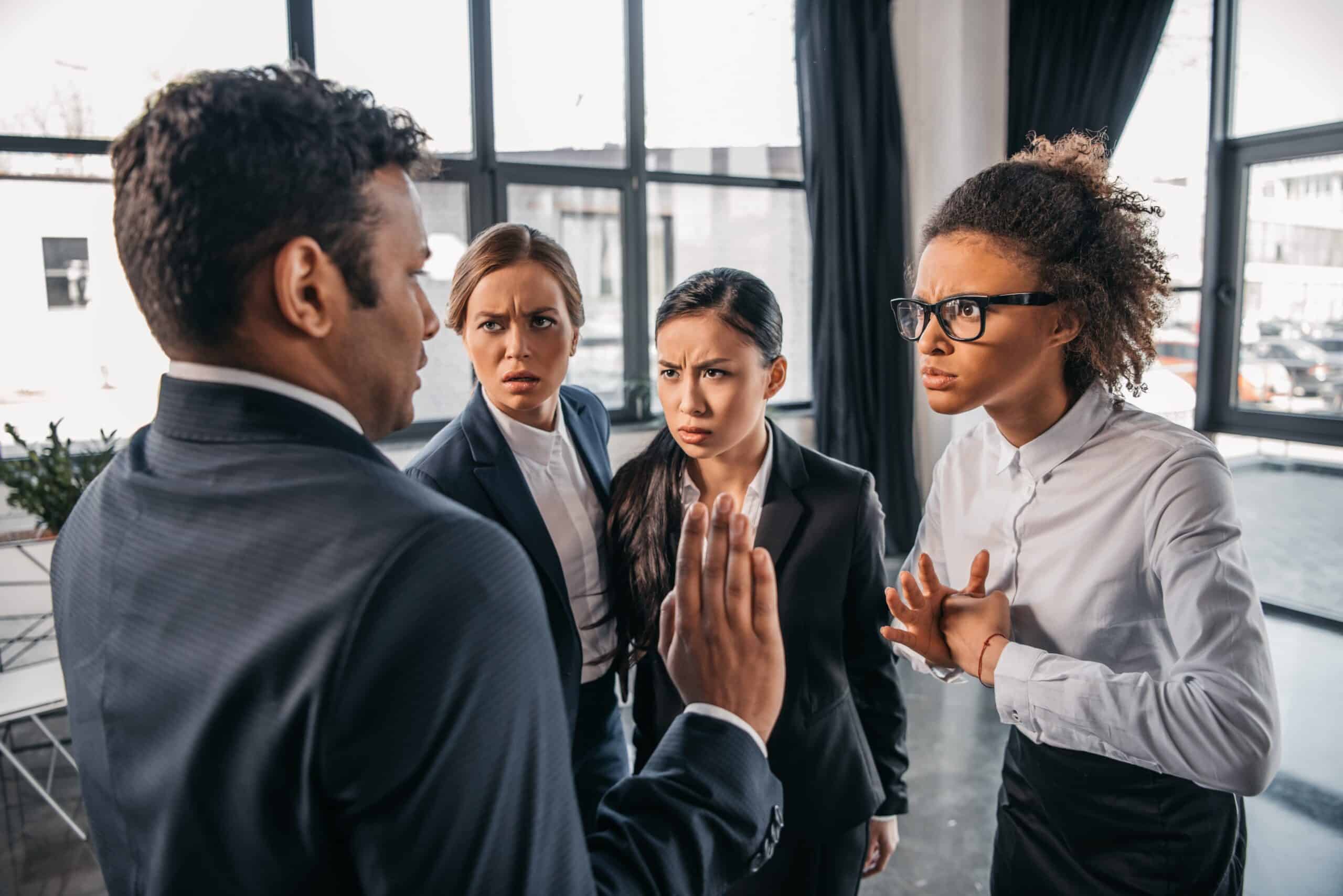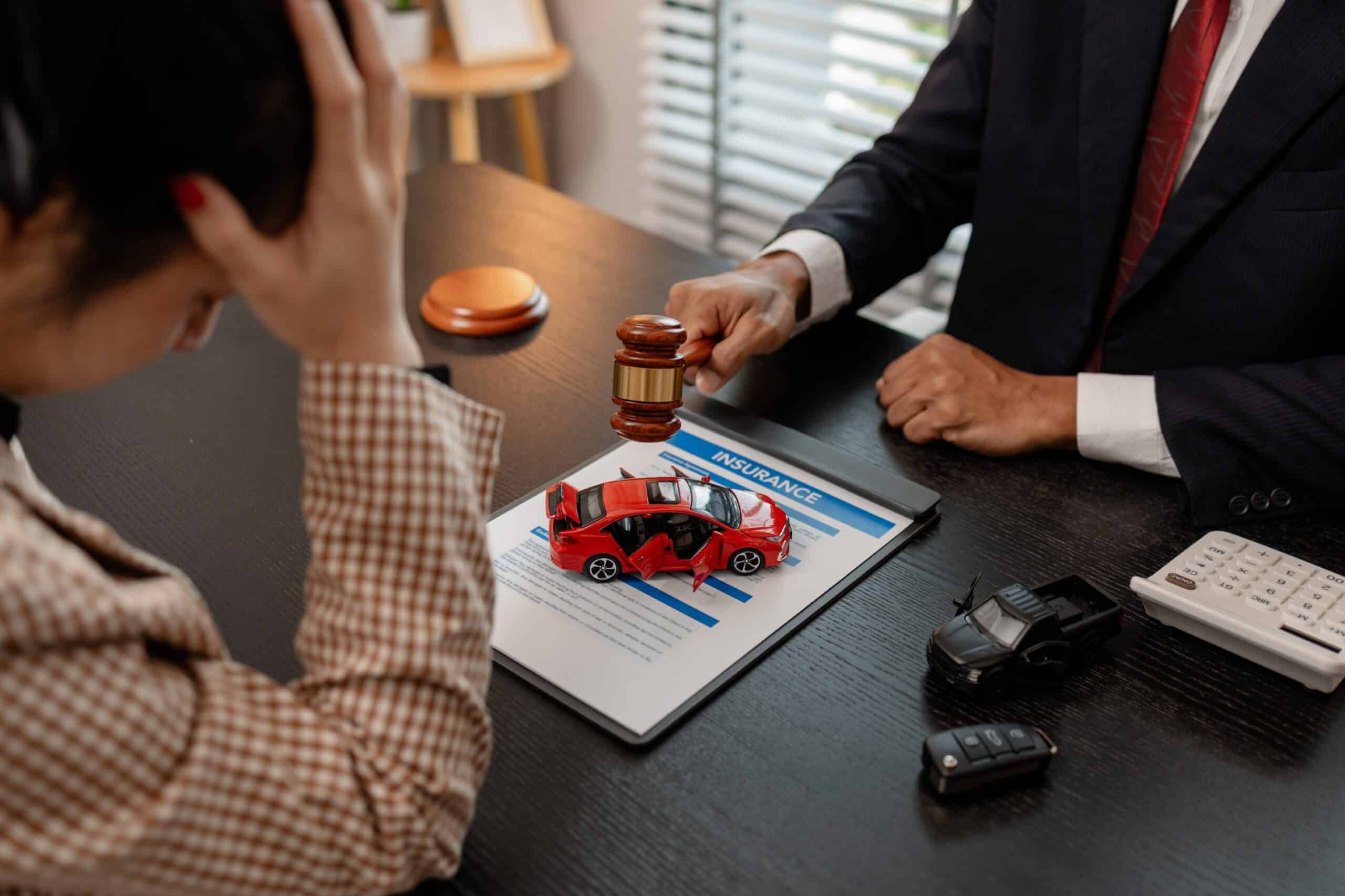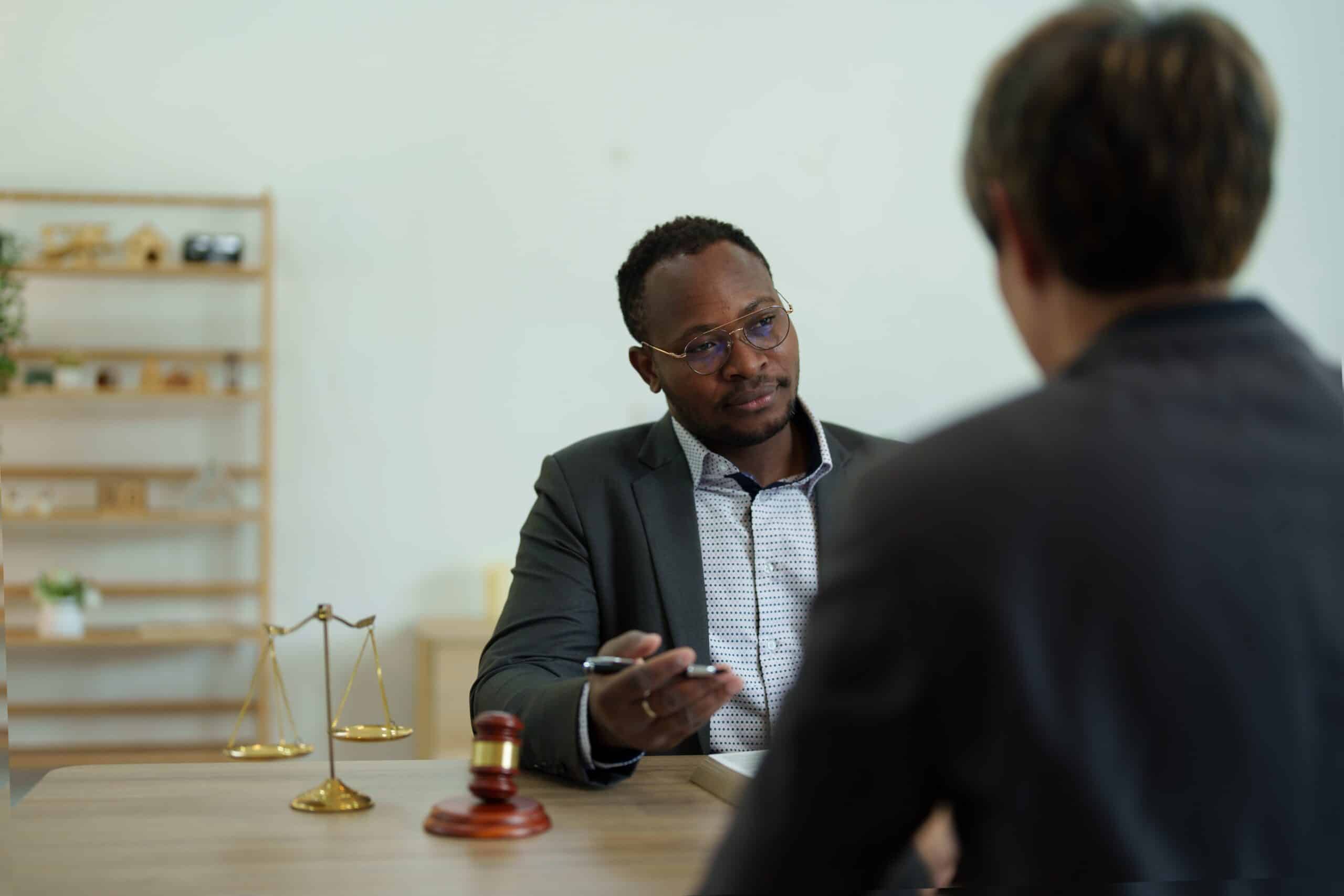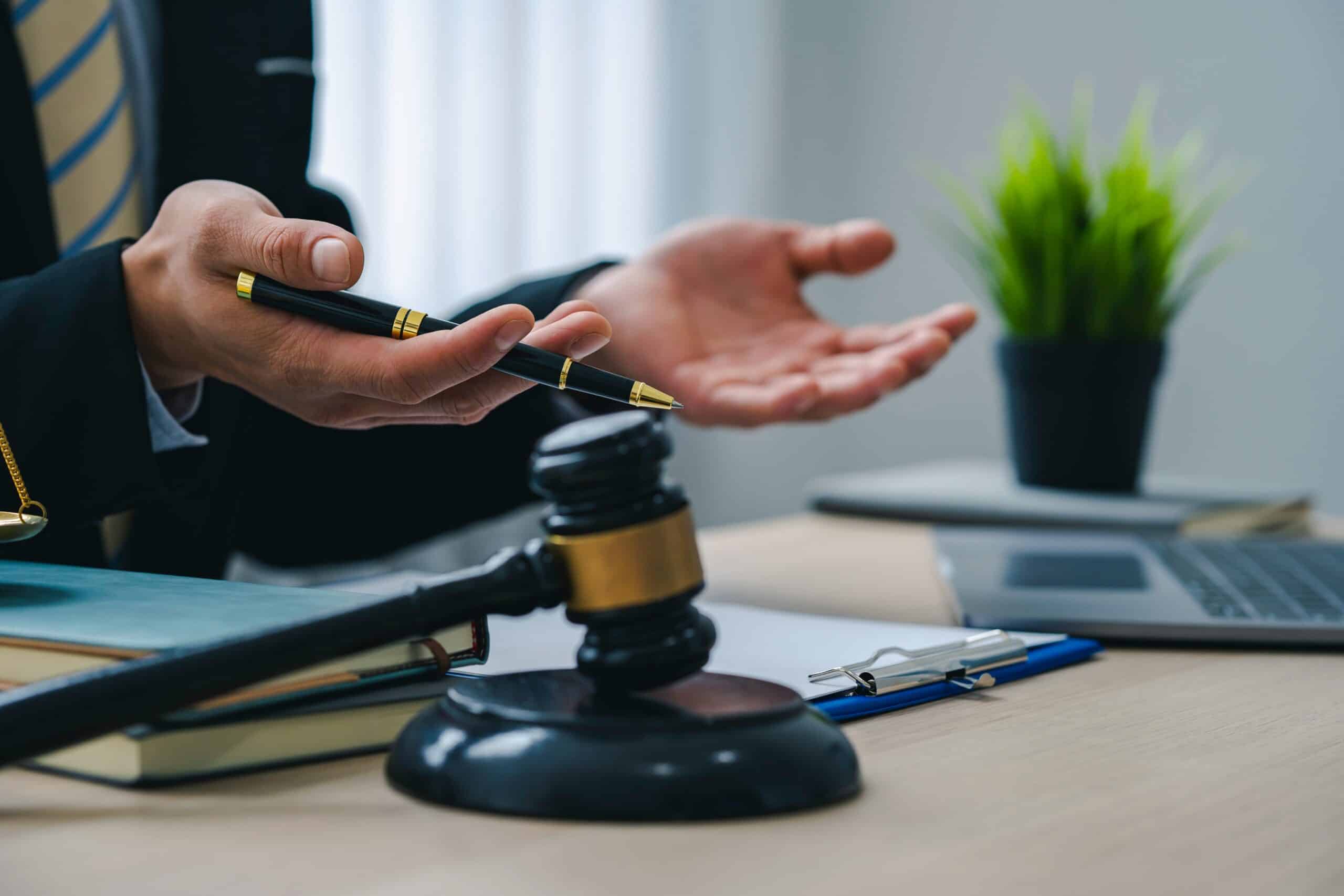What to Do When You’re Accused of White-Collar Crimes in a Business Dispute – Guest Post

Allegations of white-collar crimes like fraud, embezzlement, or forgery can arise suddenly—especially during tense business disputes. One moment you’re in a disagreement over a contract or decision; the next, you’re facing criminal accusations that could have long-term legal consequences. Whether you’re a business owner, executive, or employee, how you respond is critical.
Understand the Allegation
White-collar crimes are nonviolent, financially motivated offenses such as fraud, bribery, forgery, and tax evasion. In business disputes, accusations may stem from miscommunications, unclear contracts, or even retaliation. It’s crucial to determine if the matter is civil, criminal, or both. Criminal charges carry higher risks like fines or jail time, so if in doubt, prepare for the worst-case scenario.
Hire a Criminal Defense Attorney Immediately
Do not rely solely on your company’s general counsel or a civil attorney. White-collar criminal defense requires specific legal expertise. The right attorney can assess the accusations, determine your role in any investigation, and manage communication with investigators—all while helping you avoid missteps that could incriminate you.
Remain Silent and Avoid Self-Incrimination
If approached by law enforcement or regulatory bodies, don’t attempt to explain or justify anything. It’s natural to want to defend yourself, but statements can easily be misconstrued or used against you. Stay calm, be polite, and exercise your right to remain silent until you’ve consulted with a criminal defense attorney.
Preserve All Business Records
Accusations of financial misconduct often hinge on documentation. Preserve all emails, contracts, memos, invoices, and other relevant materials. Never delete or alter records, even if you believe they’re innocent—doing so could result in obstruction charges. Share everything with your attorney so they can begin building your defense.
Avoid Contact with the Accuser
If the accusation comes from a client, vendor, or business partner, avoid direct contact. Even well-meaning communication could be seen as intimidation or evidence tampering. Let your attorney handle all correspondence to avoid further complications.
Know How Civil and Criminal Cases Interact
Civil and criminal cases can run parallel. For example, a civil claim for breach of contract may coincide with criminal allegations of fraud. Be cautious when cooperating in civil cases—depositions or document submissions could impact your criminal defense. Coordinated legal representation is essential to avoid damaging your position in either proceeding.
Maintain Confidentiality and Professionalism
Don’t discuss the situation publicly or on social media. Even private conversations can become part of legal evidence. Internally, keep operations stable and avoid retaliating against anyone involved in the dispute. Your professionalism can influence both legal outcomes and business continuity.
Being accused of a white-collar crime during a business dispute is serious, but not uncommon. The key is to act quickly and strategically. Secure legal counsel, protect your records, avoid unnecessary risks, and pursue resolution where possible. Prompt, careful action can help safeguard your reputation and your future.




















Recent Comments